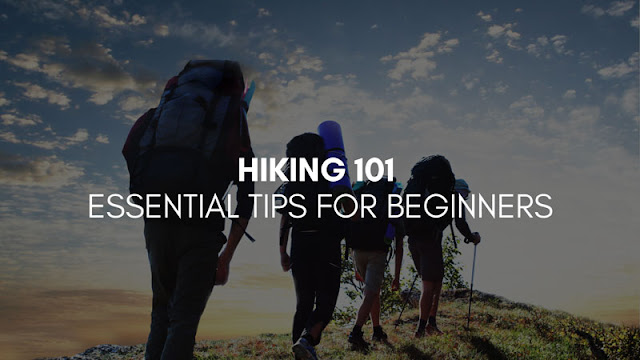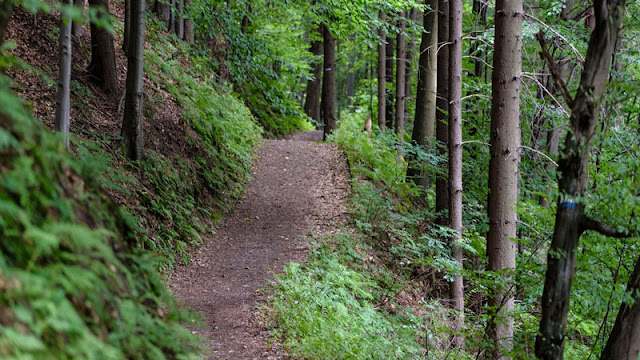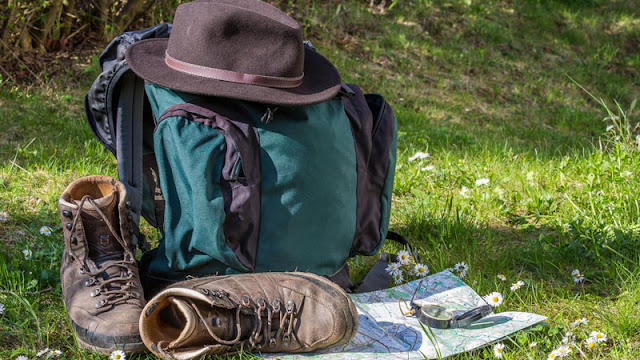Beginning hikers are often raring to go. It is exciting to start your hiking journey and you want to get right out onto the trails. However, it is important to do some prep work before you head out so you are fully prepared not only for the physical challenges you will face but also for the unknowns of the wilderness. Make use of these tips, and you will have a much better experience and will be more likely to continue hiking for years to come.
Be Physically Prepared
When you are a beginning hiker, you must make sure you are physically ready for the hiking you want to undertake. Hiking is more taxing than a walk around your neighborhood because you will have to deal with uneven terrain, ups and downs of hiking trails, and potential changes in altitude.
Preparing your body for the challenges ahead will make the hike feel less challenging and will reduce the potential for unnecessary injury.
One way to prepare is to increase your stamina and strength in a controlled environment such as a gym. This will not only help your muscles adapt more quickly to a new exercise but can also help increase your lung capacity so you do not feel so out of breath on the trail.
Additionally, making sure that you know the best ways to handle walking on trails to protect your knees and joints can save you a lot of pain in the long run. Walking with a flat foot versus toe to heel can help you walk uphill safely, and leaning back will help you walk downhill safely.
Get the Right Gear
Finding the right balance between too many and too few supplies can be a challenge for a beginning hiker. The hiking gear aisle of your local sporting good shop is brimming with fun hiking “essentials” and you might be tempted to go ahead and get everything.
While it is important to be prepared, you can safely minimize your hiking gear to just the essentials, keeping your pack light and allowing you to focus on the hike itself.
Gear you should bring includes a backpack (any will do at first), water, high protein and fiber foods, a first aid kit, things that will help you navigate, and a light.
Water is top-of-the-list important, but you will be grateful you packed some good energy-boosting snacks when you are in the middle of your hike. Navigation tools can include maps, compasses, and GPS systems. A flashlight is great because you never know when you might miscalculate how long it will take you to get back to your car, and end up picking your way down a dark trail.
You also might want to look for a trekking pole to bring. Having more than one point of contact with the ground at all times will give you more stability, and they can also be helpful for your joints.
Wear the Right Clothing
While you might be tempted to throw on your yoga pants for your hike, wearing the right clothing is more important than you might think.
Depending on the time of year and the weather in your area, you will probably want to layer up. You will never regret having an extra layer if it gets cold, starts to rain, or if you end up hiking into the evening when you weren’t expecting to.
Hiking clothes should be moisture-wicking, meaning they do not absorb your sweat but rather draw it to the outside of the item of clothing so it does not sit on your skin. If you sweat in a shirt that is not moisture-wicking such as one made of cotton, the shirt will cease to be insulating.
Getting the right shoes is especially important to lower your risk of injury on the trails and allowing you to get the most out of every hike. Wearing supportive shoes that were made specifically with hiking in mind, ideally, a pair with some motion control support and great tread for gripping loose and unpredictable terrain will make a big difference in keeping you safe and comfortable as you start your new hobby.
Pick the Right Trail
Trails come in all different levels of difficulty and luckily for new hikers, there are many resources available to figure out which ones match your abilities. Some apps like AllTrails have reviews from people who hiked the trails that will give you a better idea of what is in store for you.
Local hiking groups are often found on Facebook and they will provide essential information about current challenges faced on your local hiking trails. Seasoned hikers will sometimes run into fallen trees or washed out paths and will let everyone know. When you are just starting, you should avoid unnecessary or dangerous challenges.
Even if a hike is considered easy, it might be too long for you when you are just starting. Keep the distance of the trail in mind, as well as what time of day you will be starting. Some hiking trails will take you up in elevation which can be a challenge when you haven’t hiked much before.
Troubleshooting on Your Hike
You can’t prepare for everything, but having a good base knowledge of how to deal with unfortunate circumstances can be a big help.
To avoid getting lost, make sure that you bring a physical map. There is no guarantee that your cell phone will maintain service if you get lost or need assistance. Expensive GPS trackers are available that can help other people find you if you get injured.
When you are out in an unpopulated area there is a good chance you could run into some wildlife. While most animals will avoid you, it is good to know what wildlife is common to the area, any recent sightings, and what to do to minimize your risk if you encounter something. Generally speaking, you should always stay calm and not run if you cross paths with large animals.
Preparing yourself for all of the different aspects of hiking is important as a hiker of any experience level. As a beginning hiker, you will never regret being over-prepared when you are on a trail and run into an unexpected challenge. Do everything you can to keep yourself safe and ready for the unknown, and before you know it you will be a seasoned hiker with many miles under your belt.







